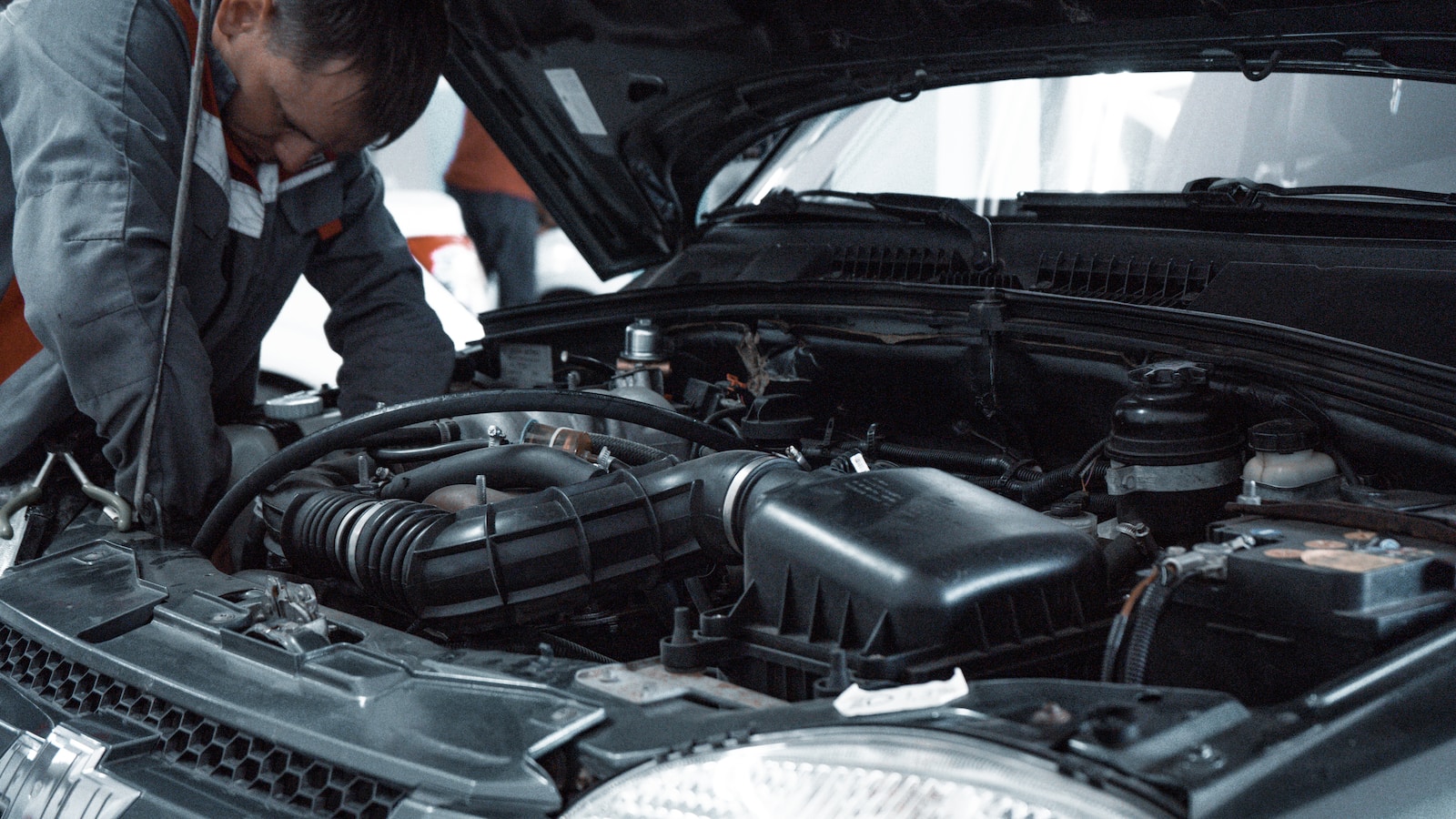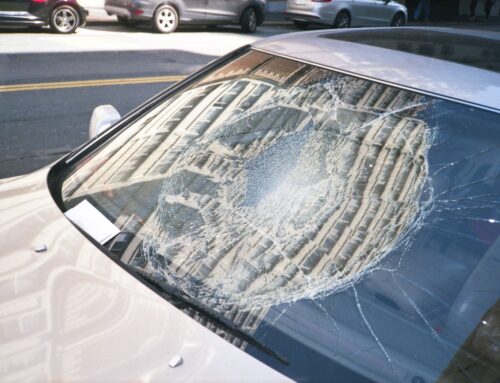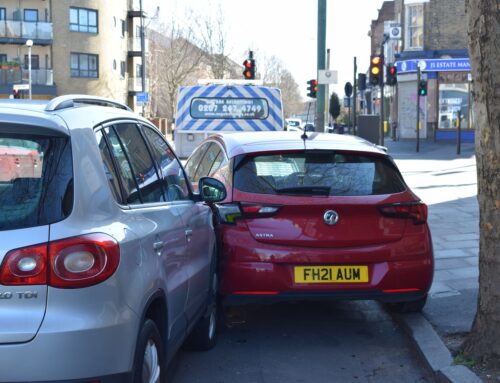Car insurance may cover a rental car while your vehicle is being repaired, depending on the type of coverage you have and the specific terms of your policy. This coverage is often referred to as “rental reimbursement” or “rental car coverage.”
Rental reimbursement coverage helps pay for the cost of a rental car when your vehicle is in the shop due to a covered claim, such as an accident or theft. However, this coverage is not automatically included in all car insurance policies. You usually need to add it as optional coverage.
What to do after the incident
If your vehicle requires repairs and you need a rental car, follow these steps:
- Contact your insurer: Notify your insurance provider about the incident and inquire about your coverage for rental reimbursement.
- Understand the coverage details: Confirm the daily or total limit for rental reimbursement, as well as any specific requirements or restrictions set by your insurance company.
- Keep receipts and documentation: Save all rental car receipts and related expenses, as you will need them to file a reimbursement claim.
Impact on insurance rates
Adding rental reimbursement coverage to your car insurance policy may slightly increase your premium, as it is additional coverage that provides extra protection. However, the increase is typically minimal compared to the convenience and financial benefits it offers if you ever need a rental car while your vehicle is being repaired due to a covered claim.
As for filing a rental claim, it generally does not affect your car insurance rate directly. Rental reimbursement claims are usually made in conjunction with a primary claim, such as a collision or comprehensive claim. It’s the primary claim that may impact your insurance rates.
Tips for rental car coverage
To maximize your rental car coverage and ensure a smooth experience, consider the following tips:
- Know your policy limits: This will help you choose a rental car within your budget and avoid unexpected out-of-pocket expenses.
- Follow rental company guidelines: Adhere to the rental company’s terms and conditions, such as returning the vehicle on time and in good condition, to avoid any potential disputes or additional charges.
- Stay in touch with your insurer: Keep communication with your insurance company and rental car provider throughout the repair process to address any issues promptly.
Some car insurance policies may provide coverage for rental cars when your vehicle is being repaired, but not all policies include this benefit. It’s best to review your insurance policy or contact your insurance provider to confirm whether rental car coverage is included in your specific policy.





